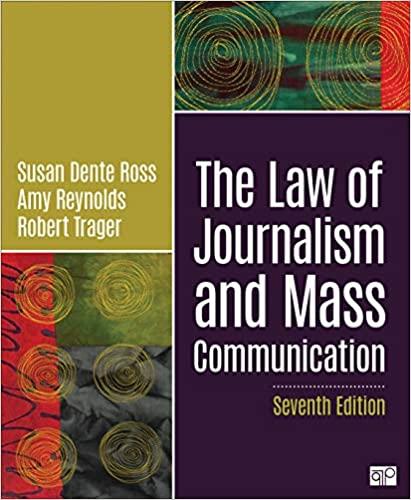Question
1. Compare and contrast the Common Law System and the Civil Law System. 2. Compare and contrast the state and federal court systems including at
1. Compare and contrast the Common Law System and the Civil Law System.
2. Compare and contrast the state and federal court systems including at least one way in which the systems are different and one way in which they are the same.
3. What is required for a federal court to be able to hear a case?
4. What are the three main forms of Alternative Dispute Resolution in the United States as identified.
5. Identify and define the three kinds of torts.
6. Identify and define the Constitutional Safeguards.
7. Which of the following are required to have a valid contract?
8. T/F: Consideration has two elements: 1) the promisee has incurred a legal detriment and 2) the legal detriment was bargained for?
9. What are the defenses to contract formation?
10. Can a court can decide whether it voids an entire contract as unconscionable or only voids unconscionable portions of a contract and leaves the remainder of the contract in place?
11. Can a contract be discharged by complete performance or material nonperformance of the contractual duty?
12. Identify and define two types of third-party beneficiaries.
13. Is Louisiana the only state that has not enacted Article 2 of the UCC?
14. To what types of sales does Article 2 of the UCC apply?
15. What does "caveat emptor" mean and why is it important in sales?
16. Identify and define warranties
17. How can a patent infringement case arise?
18. Identify and define the Duties of Agents as discussed in our textbook.
Step by Step Solution
There are 3 Steps involved in it
Step: 1

Get Instant Access to Expert-Tailored Solutions
See step-by-step solutions with expert insights and AI powered tools for academic success
Step: 2

Step: 3

Ace Your Homework with AI
Get the answers you need in no time with our AI-driven, step-by-step assistance
Get Started


